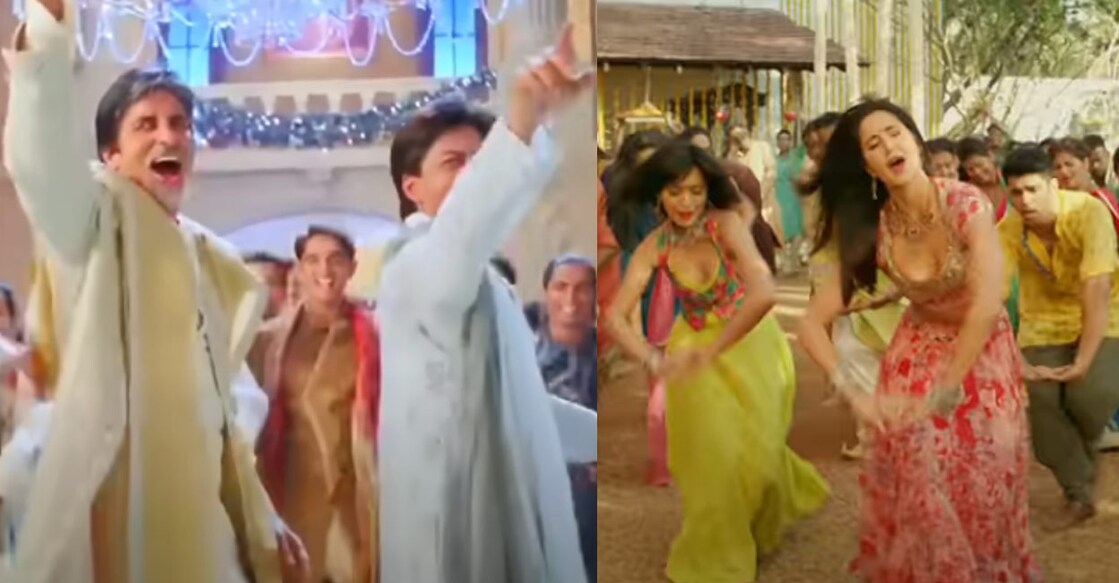Sing or play music at weddings without fearing royalty demand

Mail This Article
New Delhi: Singing of film songs or playing music during wedding celebrations or similar events are exempted from the Copyright Act, 1957 even if such works are copyright material. This has been clarified by the Central government in a circular by citing the relevant clause of the law.
In other words, the authorisation of the intellectual property owner is not required for playing film songs at social or religious gatherings. No one is legally entitled to demand royalty on the basis of such performance.
"The performance of a literary, dramatic or musical work or the communication to the public of such work or of a sound recording in the course of any bona fide religious ceremony or an official ceremony held by the Central Government or the State Government or any local authority," is exempted from the Copyright Act, states its Section 52(1)(za).
The Central circular has made it clear that since weddings and related events come under the definition of religious function, the law on copyright will not be applicable to such performance. Otherwise, there are restrictions on using in public places songs which are copyrighted under the Copyright Act.
With this explanation, the Union Ministry of Commerce has brought clarity to an issue over which legal battles and disputes have been going on for years.
Court receives expert’s report
The copyright society, Phonographic Performance Limited (PPL), had approached the Delhi High Court with a petition against the use of songs without prior permission. The High Court had tasked Dr Arun George Scaria, Associate Professor at the National Law School of India University, Bengaluru, and a native of Changanassery, to submit a detailed report on the issue. Dr Arun’s report stated that songs performed at wedding ceremonies were not a violation of the copyright law.
Videos may pose legal problems
“Although singing songs or playing back records at wedding ceremonies does not attract the copyright law, use of such songs in wedding videos may come under the law,” stated Dr Scaria.

